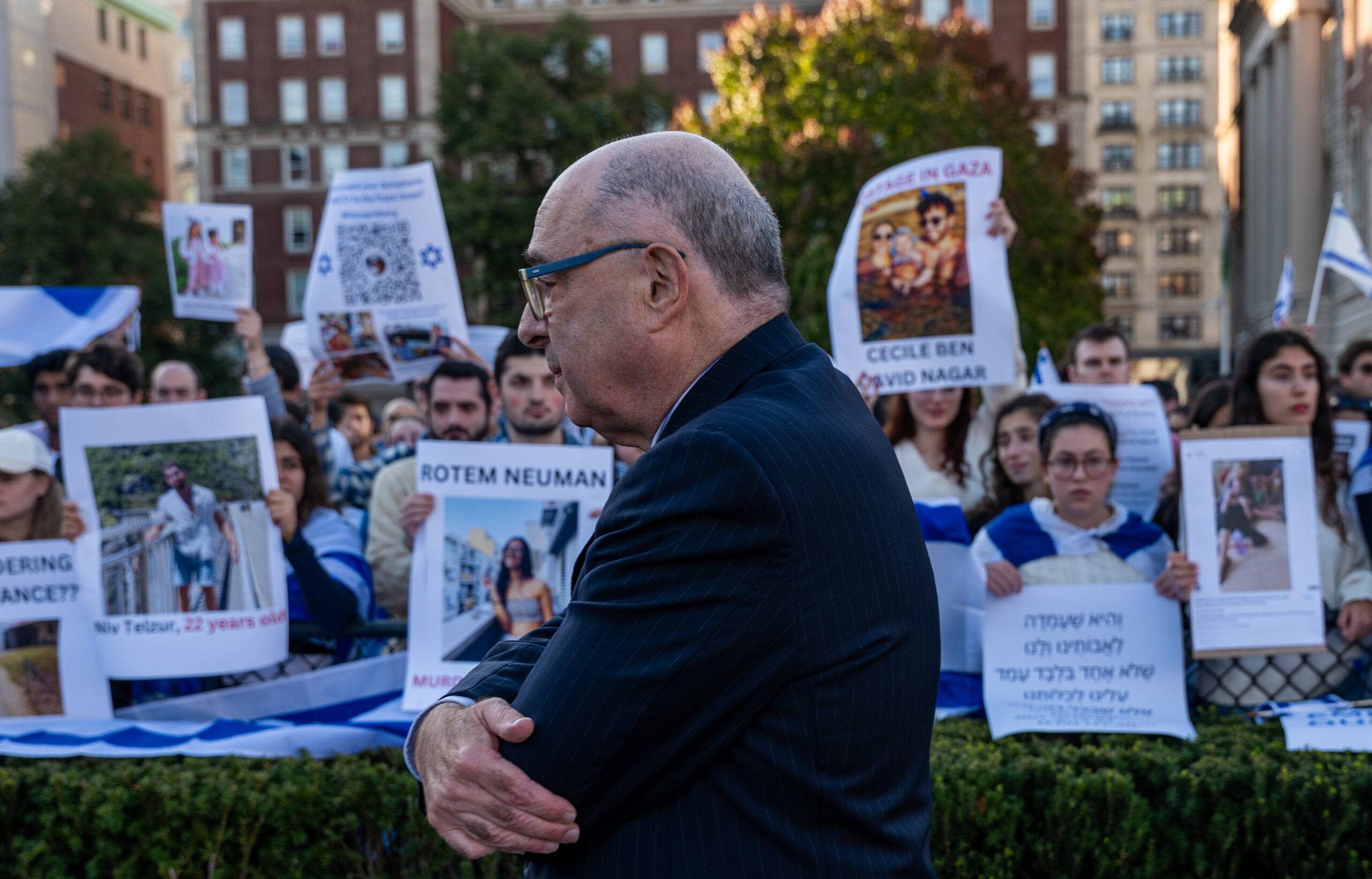Observing Hizballah’s increasingly effective use of rockets, drones, and anti-tank missiles against not only the Israeli civilian population but also strategically sensitive targets, Yaakov Lappin argues that the IDF’s campaign of limited strikes and the killing of key commanders is insufficient:
Hizballah’s widespread attack on the north on Wednesday demonstrates that the core threat lies not in any individual commanders but in the substantial firepower array that is entrenched deeply throughout 200 southern Lebanese Shiite villages, as well as in Beirut and in the Bekaa Valley.
Hizballah’s military-terrorist infrastructure and expansive manpower pose the largest conventional threat to Israel. The limitations of targeted strikes as an approach are becoming increasingly evident, as [are those of] IAF’s ongoing campaign to strike at Hizballah weapons-storage centers and command posts in a limited fashion, in line with the Israeli war cabinet’s directive.
Yet, short of invading southern Lebanon, Jerusalem has few other options. Lazar Berman argues that the time is far from ripe for an all-out war:
The challenges the IDF would face in Lebanon would be orders of magnitude greater [than in Gaza]. Hizballah has far more advanced anti-tank weapons and attack drones. Fighting in prepared defenses in open territory, they would be able to target IDF forces from kilometers away.
The IDF could take every square inch of territory ten—even twenty—kilometers from the border, and Hizballah would still be able to rain rockets down across Israel. . . . And it would end in a ceasefire agreement, one that residents of the north are unlikely to put much stock in.
More about: Hizballah, Israeli Security


